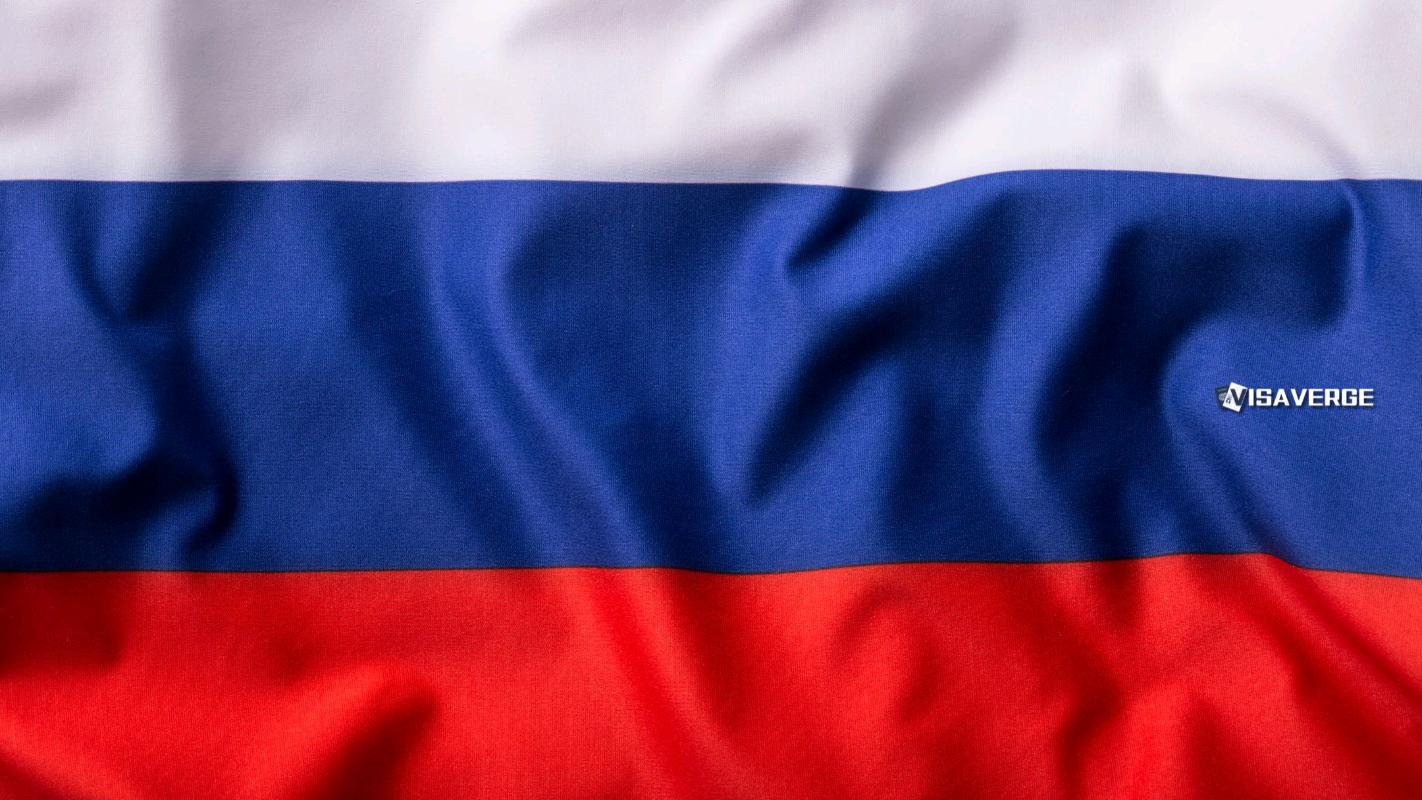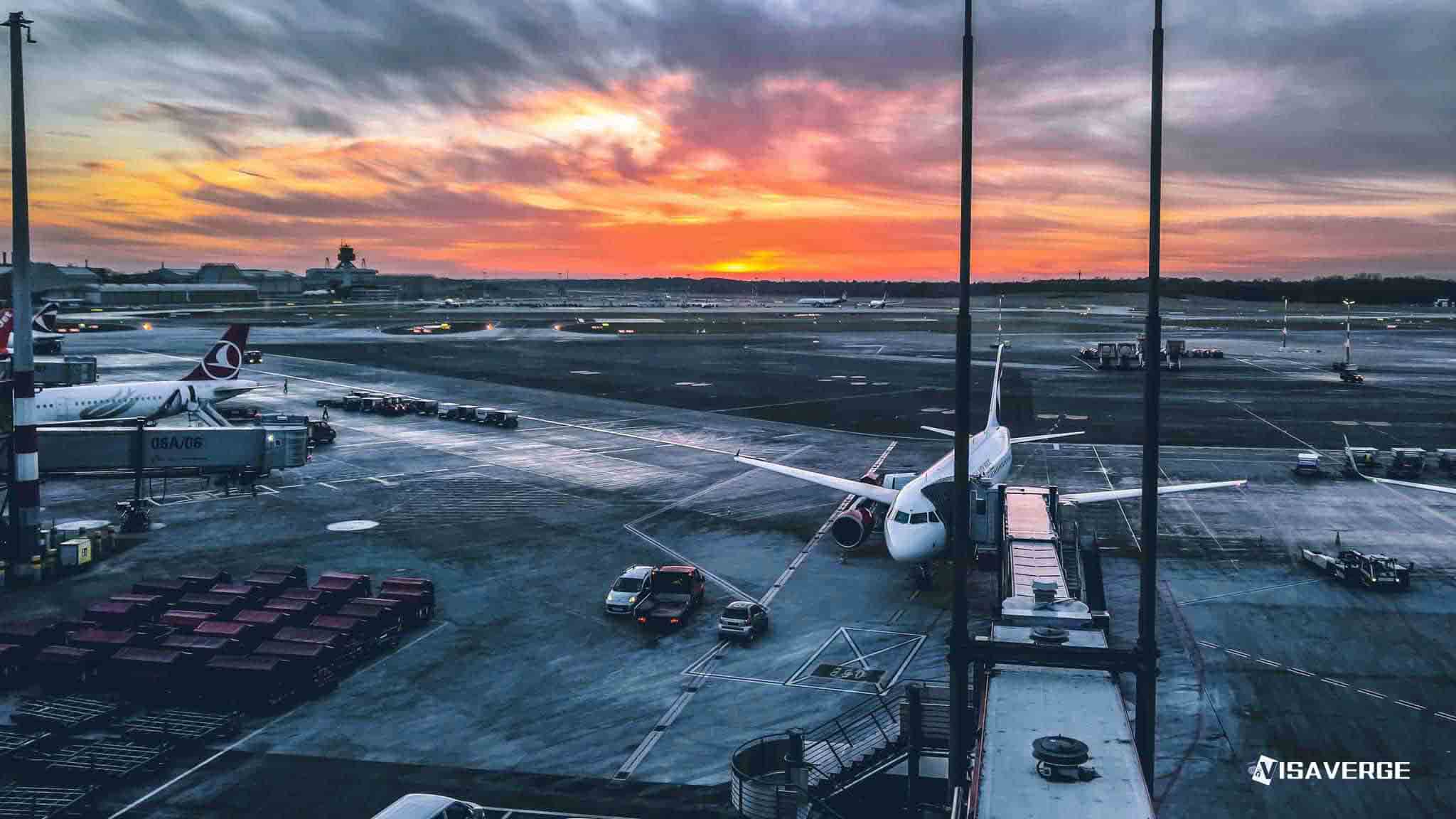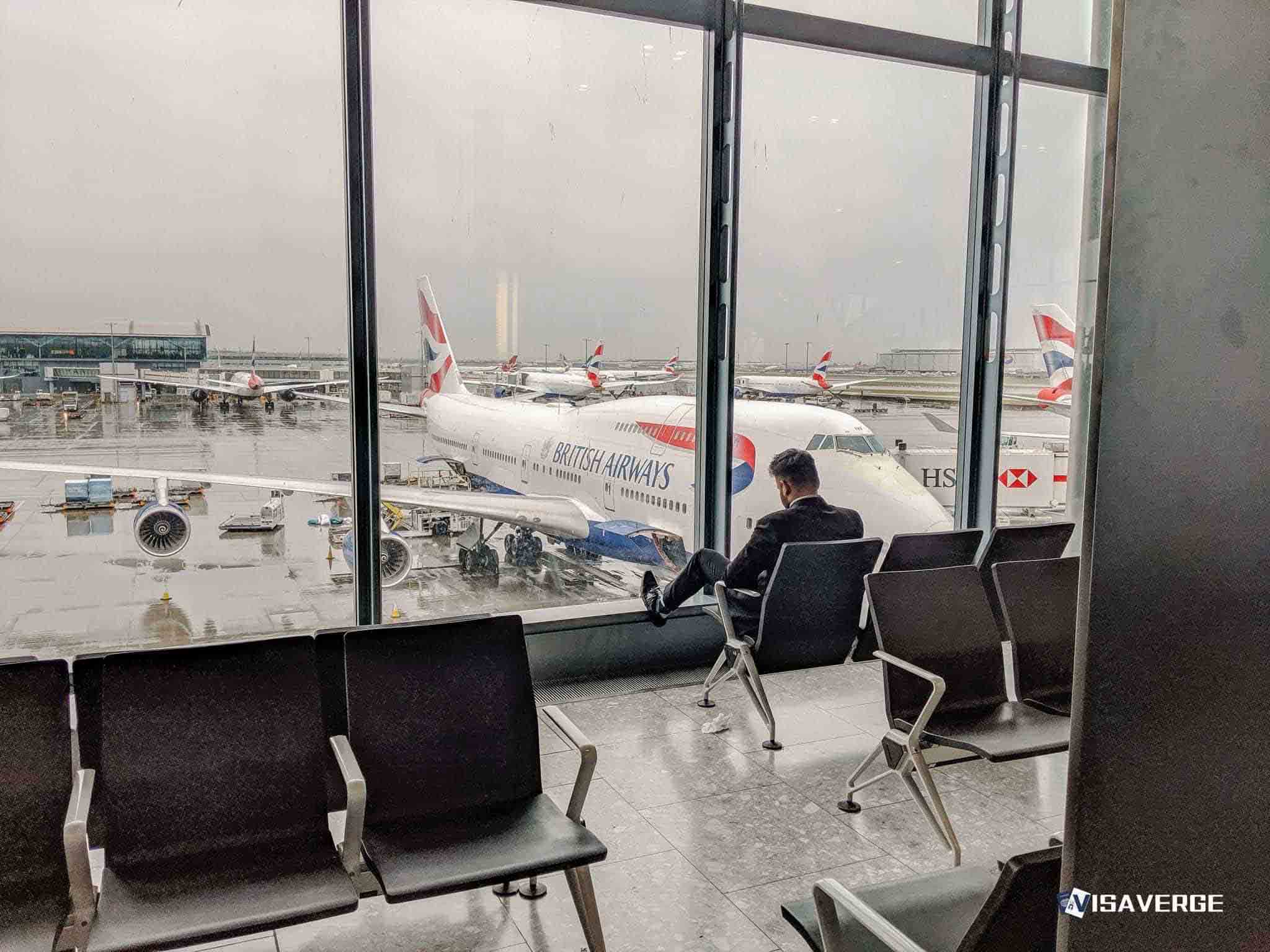Key Takeaways
- 34 Nepali students face deportation from Russia for working illegally without labor permits or university approval.
- Exploitative agents mislead Nepali students into illegal jobs, highlighting student vulnerability and legal challenges abroad.
- Calls for government collaboration, awareness campaigns, and regulation of migration agents to protect international students.
Reports have surfaced about a significant issue involving 34 Nepali students who are facing deportation from Russia 🇷🇺. These students, who went to Russia on study visas, were detained for working without the necessary labor permits. Their arrest has put a spotlight on the growing problem of student exploitation and illegal employment in Russia, especially concerning international students.
The Arrest Situation

On October 30, 2024, Russian immigration authorities detained the Nepali students. They were allegedly working illegally at a call center run by the gambling company 1xBet in Moscow’s Kuzminki district. These students are currently held at a deportation center about 60 kilometers from Moscow. A Russian court has ordered their deportation, and they are expected to be sent back to Nepal soon. Among them, 12 are female, with their time in Russia ranging from three months to one and a half years.
Why Were the Students Detained?
The main reason for their arrest is working without the necessary labor permits and university approval. In Russia, students on study visas can only work under specific conditions. These include obtaining a work permit from their intended place of employment and securing approval from their educational institution. Sadly, the detained students couldn’t provide critical documents like a university letter allowing work or a job contract. Without these, their employment was deemed illegal, and they faced immediate detention.
The Legal Consequences
Being caught working illegally in Russia has severe legal implications. Under Russian immigration law, such violations result in immediate deportation and a five-year ban on re-entering the country. This is not an isolated case. Two years ago, 15 Nepali students were deported within 14 days for similar violations. According to Keshav Timilsina, the president of the Non-Resident Nepali Association (NRNA) in Russia, the students could have contested the deportation if they had the necessary documents. Lacking these documents, however, leaves them with little chance of altering the court’s decision.
Vulnerable Grounds: Exploitation by Agents
The incident has also drawn attention to a troubling pattern where many Nepali students face exploitation. Timilsina pointed out that numerous students are lured into illegal work by agents who deceive them with false promises. These agents often assure lucrative jobs in Russia without informing the students of the legal work requirements. Upon arrival in Russia, the unawareness of labor laws makes students easy targets for such exploitation. Consequently, they find themselves in precarious situations with limited options.
The Bigger Picture for Nepali Students
This situation sheds light on a broader issue affecting Nepali students worldwide. Annually, thousands travel overseas for higher education in countries like Russia 🇷🇺, India 🇮🇳, Australia 🇦🇺, and the United States 🇺🇸. While they pursue better education and job prospects, some fall into traps set by deceitful agents who mislead or fail to adequately support them once abroad.
In recent times, there’s been an increase in reports about legal challenges Nepali students face due to visa condition violations or involvement in illegal work schemes. The current case of these 34 students starkly reminds us of the risks when proper legal procedures aren’t followed.
Challenges in Russia for International Students
Russia has emerged as a popular destination for international students due to its affordable education system and varied academic programs. However, international students often grapple with difficulties when it comes to understanding local employment laws and regulations. Under Russian law, students can work part-time while studying but must strictly adhere to conditions. They must secure a work permit from their employer and approval from their university. Breaking these rules can lead to severe penalties like fines, detention, or deportation.
For many students who rely on part-time jobs for financial support, these restrictions pose genuine challenges. Out of desperation, they might accept illegal job offers that do not comply with local laws—often with dire consequences.
What Can Be Done?
To address these issues, several steps need to be taken:
- Government Intervention: Both the governments of Nepal 🇳🇵 and Russia 🇷🇺 should collaborate to ensure clear communication about visa rules and work laws before students travel abroad.
-
Awareness Campaigns: Educational institutions and NGOs should organize campaigns informing Nepali students about their rights and responsibilities. These campaigns should focus on educating them about legal employment practices.
-
Regulation of Agents: In Nepal, there should be strict oversight of agents facilitating student migration. Proper regulation will help prevent situations where students are misled and exploited.
-
Legal Support: Organizations like the NRNA should offer legal assistance to Nepali students facing deportation or legal hurdles. Having access to legal representation can significantly change the outcome of such cases.
-
University Support: Universities hosting international students must play a proactive role. They should ensure foreign students understand local employment laws and visa terms. This can be done through orientation sessions or dedicated student support services.
Conclusion
The ordeal of the 34 Nepali students facing deportation from Russia underscores the vulnerability of international students aiming to study abroad. These students seek better opportunities but fall prey to exploitation by deceptive agents or employers. This situation emphasizes the necessity for comprehensive awareness among potential international students and meticulous adherence to visa regulations and employment laws.
As this story unfolds, it serves as a crucial lesson not just for Nepali students but also for educational institutions and governments involved in international education exchanges. Prevention is key, ensuring foreign students are informed about their rights and obligations will help avoid similar situations in the future.
Ultimately, protecting international students from exploitation involves collaborative action at both national and international levels. This includes stricter regulation of migration agents in Nepal and improved support systems for foreign students studying in countries like Russia. For more information on Russian immigration laws, you can visit the Russian Federal Migration Service’s official website. As reported by VisaVerge.com, such situations reiterate the importance of global cooperation in safeguarding the interests of international students.
Learn Today
Deportation: The formal removal of a foreign national from a country for violating immigration laws or conditions.
Labor Permit: An official authorization allowing a foreign individual to engage in employment within the host country legally.
Exploitation: Taking unfair advantage of someone, often by deceitful agents, leading to illegal and unsafe working conditions.
Immigration Authorities: Government officials and agencies responsible for enforcing immigration laws and regulating the entry and stay of foreigners.
Work Permit: A document required by foreign nationals, often international students, to legally work in a country while studying.
This Article in a Nutshell
Nepali students in Russia face deportation for illegal employment, highlighting a pervasive issue of student exploitation. Entrapped by deceitful agents, these 34 students reveal the dangers of uninformed migration. Advocacy for stringent agent regulation, clear legal guidance, and university support is crucial to protect international students globally from similar fates.
— By VisaVerge.com
Read more:
• Rising Schengen Visa Demand for Russians Amid Travel Barriers
• Russia Announces Visa-Free Travel for Indian Citizens in 2025
• Estonia Tightens E-Residency Rules, Russia and Belarus Out!
• Russia Issues Arrest Warrant for Alexei Navalny’s Widow
• Bodies of Four Indian Students Drowned in Russia Recovered







